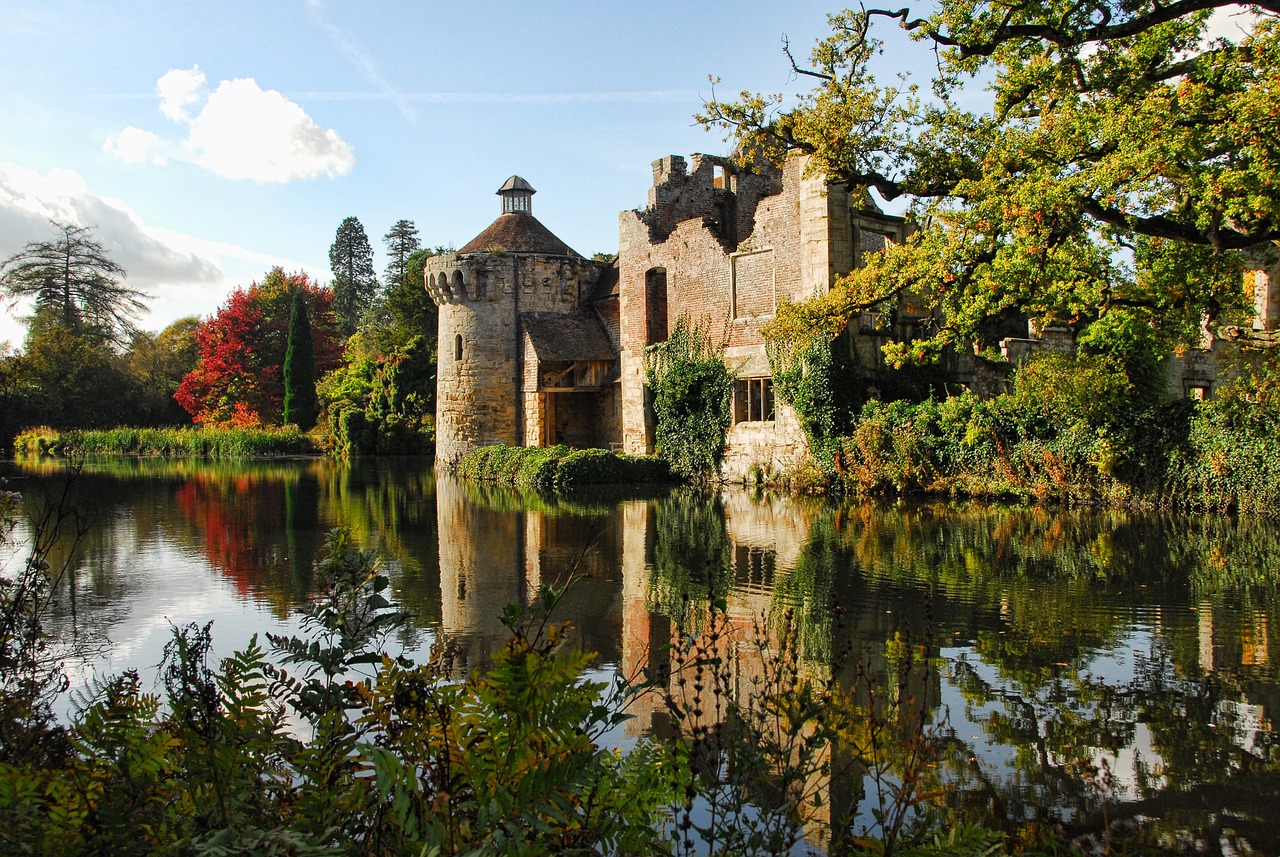Sustainable Accommodation Options: Green Hotels and Eco-Lodges
In recent years, the concept of sustainability has become increasingly important in various industries, including the travel and hospitality sector. As more travelers become aware of the environmental impact of their trips, there has been a growing demand for sustainable accommodation options such as green hotels and eco-lodges. These types of accommodations are designed to minimize their carbon footprint and promote environmentally friendly practices.
What are Green Hotels?
Green hotels, also known as eco-friendly hotels, are accommodations that prioritize sustainability in their operations. These hotels focus on minimizing their impact on the environment by implementing energy-saving measures, reducing water consumption, and promoting recycling.
Key Features of Green Hotels
Green hotels typically have a range of features that set them apart from traditional hotels:
- Energy-efficient lighting and appliances
- Water-saving fixtures and practices
- Use of eco-friendly cleaning products
- Recycling and composting programs
- Locally sourced and organic food options
- Green spaces and gardens
Benefits of Staying at a Green Hotel
There are several benefits to choosing a green hotel for your next trip:
- Reduced environmental impact
- Support for sustainable practices
- Healthier indoor environment
- Access to eco-friendly amenities
- Opportunities for environmental education
What are Eco-Lodges?
Eco-lodges are accommodations that are specifically designed to blend in with their natural surroundings and minimize their impact on the environment. These lodges are typically located in remote or wilderness areas, allowing guests to experience nature while also supporting conservation efforts.
Key Features of Eco-Lodges
Eco-lodges often have the following features:
- Use of sustainable building materials
- Energy-efficient design
- Off-grid power sources
- Minimal disruption to the natural environment
- Access to outdoor activities and nature experiences
Benefits of Staying at an Eco-Lodge
Choosing an eco-lodge for your next vacation can offer several benefits:
- Opportunity to connect with nature
- Support for conservation efforts
- Escape from urban life and technology
- Authentic cultural experiences
- Unique and memorable travel experiences
How to Find Sustainable Accommodation
When searching for green hotels or eco-lodges, there are a few key factors to consider:
- Look for certification: Many green hotels and eco-lodges are certified by organizations such as Green Key or the Rainforest Alliance, which verify their sustainability practices.
- Check for eco-friendly amenities: Consider whether the accommodation offers options such as reusable water bottles, organic toiletries, or locally sourced food.
- Research the location: Choose accommodations that are close to nature reserves, parks, or other environmentally significant areas.
- Read reviews: Look for feedback from other travelers who have stayed at the accommodation to get a sense of its sustainability efforts.
Conclusion
As travelers become more conscious of their environmental impact, the demand for sustainable accommodation options such as green hotels and eco-lodges continues to grow. By choosing these types of accommodations, travelers can enjoy unique and memorable experiences while supporting conservation efforts and minimizing their carbon footprint.
FAQs
1. Are green hotels more expensive than traditional hotels?
Green hotels can sometimes be more expensive due to their investment in sustainable practices and amenities. However, some eco-friendly accommodations may offer budget-friendly options for travelers.
2. How can I contribute to sustainability while staying at a green hotel or eco-lodge?
Guests can contribute to sustainability by minimizing waste, conserving energy and water, and supporting the local community and environment through responsible tourism practices.
3. Are there any disadvantages to staying at a green hotel or eco-lodge?
While green hotels and eco-lodges offer numerous benefits, some travelers may find that these accommodations have limited amenities or are located in remote areas. Additionally, some guests may prefer the convenience and familiarity of traditional hotels.





